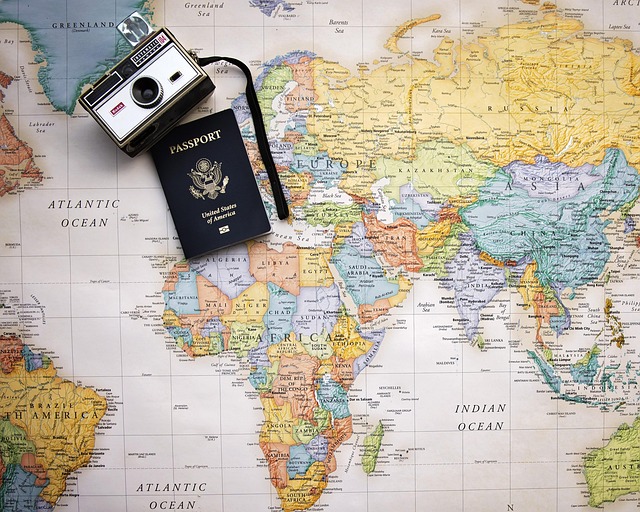Immersive Soundscape Tourism: Experiencing Destinations Through Audio
Imagine stepping into a world where the gentle lapping of waves on a Mediterranean shore or the bustling energy of a Tokyo market envelops you, all without leaving your home. This isn't virtual reality – it's the emerging trend of soundscape tourism. As travelers seek more immersive and unique experiences, the auditory exploration of destinations is gaining traction, offering a new way to connect with places near and far.

Early adopters of this concept were primarily artists and researchers, who used field recordings to document and analyze the sonic characteristics of various environments. However, as the travel industry began to recognize the potential of multi-sensory experiences, the idea of using sound as a means of virtual travel started to take shape.
The Rise of Audio-Centric Travel Experiences
In recent years, there has been a significant shift towards audio-centric travel experiences. This trend has been fueled by several factors, including the increasing popularity of podcasts and audiobooks, as well as a growing interest in mindfulness and meditation practices that often incorporate environmental sounds.
Travel companies and tourism boards have begun to capitalize on this trend by creating audio guides that go beyond traditional narration. These immersive soundscapes transport listeners to specific locations, allowing them to experience the ambiance and atmosphere of a destination through carefully curated audio.
The Technology Behind Soundscape Tourism
The advancement of audio technology has played a crucial role in the development of soundscape tourism. Binaural recording techniques, which use two microphones to create a 3D audio effect, allow for incredibly realistic soundscapes that mimic the way we naturally hear.
Additionally, the widespread adoption of noise-canceling headphones and high-quality speakers has made it possible for listeners to fully immerse themselves in these audio experiences, blocking out external distractions and focusing solely on the sounds of their chosen destination.
The Benefits of Audio Travel
Soundscape tourism offers several unique advantages over traditional forms of virtual travel. Unlike visual media, which requires constant attention, audio experiences allow for a more passive form of engagement. Listeners can close their eyes and let their imagination paint the picture, creating a deeply personal and immersive experience.
Moreover, audio travel is particularly accessible to those with visual impairments, offering a way to explore and connect with destinations that may otherwise be challenging to experience. It also provides a sustainable alternative to physical travel, allowing people to “visit” far-flung locations without the environmental impact of long-distance transportation.
Applications Beyond Leisure Travel
While soundscape tourism primarily caters to leisure travelers, its applications extend far beyond vacation planning. Language learners can use destination-specific audio to practice their skills in a more immersive context. Urban planners and architects are utilizing soundscapes to study and design acoustically pleasing environments. Even healthcare professionals are exploring the therapeutic potential of natural soundscapes in reducing stress and promoting relaxation.
Exploring the World Through Sound: Tips and Insights
• Start with familiar places: Begin your audio travel journey with destinations you’ve visited before to compare your memories with the soundscape.
• Experiment with different times of day: Many locations have distinct sonic characteristics depending on the time, from bustling mornings to quiet nights.
• Pair audio with other sensory experiences: Enhance your immersion by incorporating scents or tastes associated with the destination.
• Create your own soundscapes: Use a high-quality microphone to capture and share the sounds of your local environment or travels.
• Explore underwater soundscapes: Discover the often-overlooked world of aquatic audio, from coral reefs to Arctic ice fields.
As technology continues to evolve and our understanding of sensory experiences deepens, soundscape tourism is poised to become an integral part of the travel industry. By offering a unique and immersive way to explore the world, it opens up new possibilities for connection, education, and relaxation. Whether used as a supplement to physical travel or as a standalone experience, audio journeys provide a fresh perspective on what it means to truly experience a destination.






